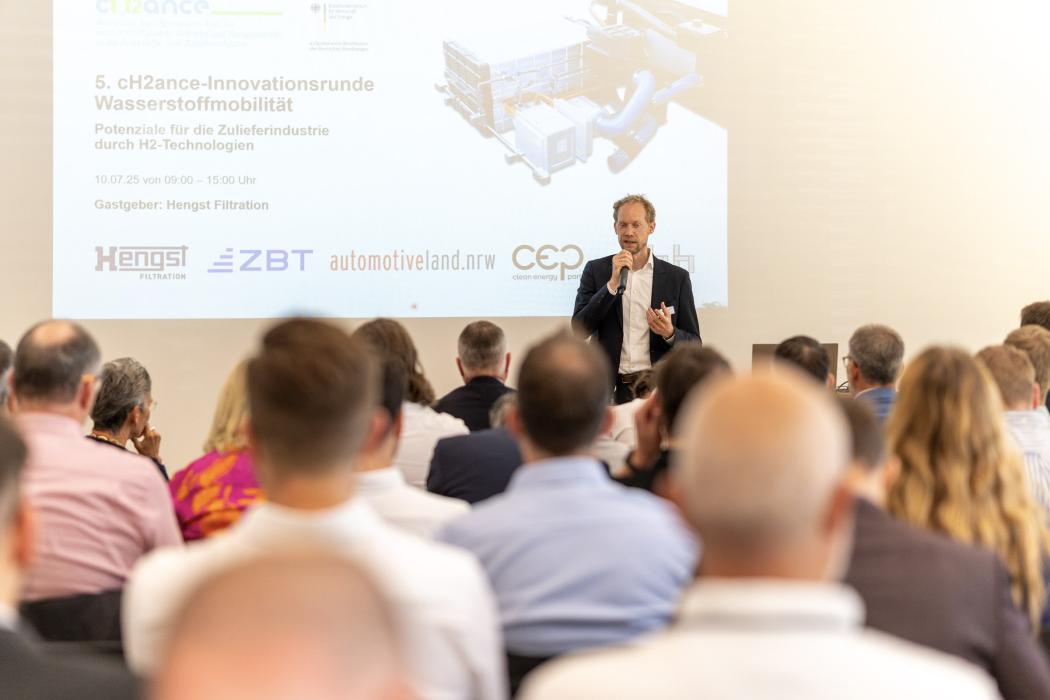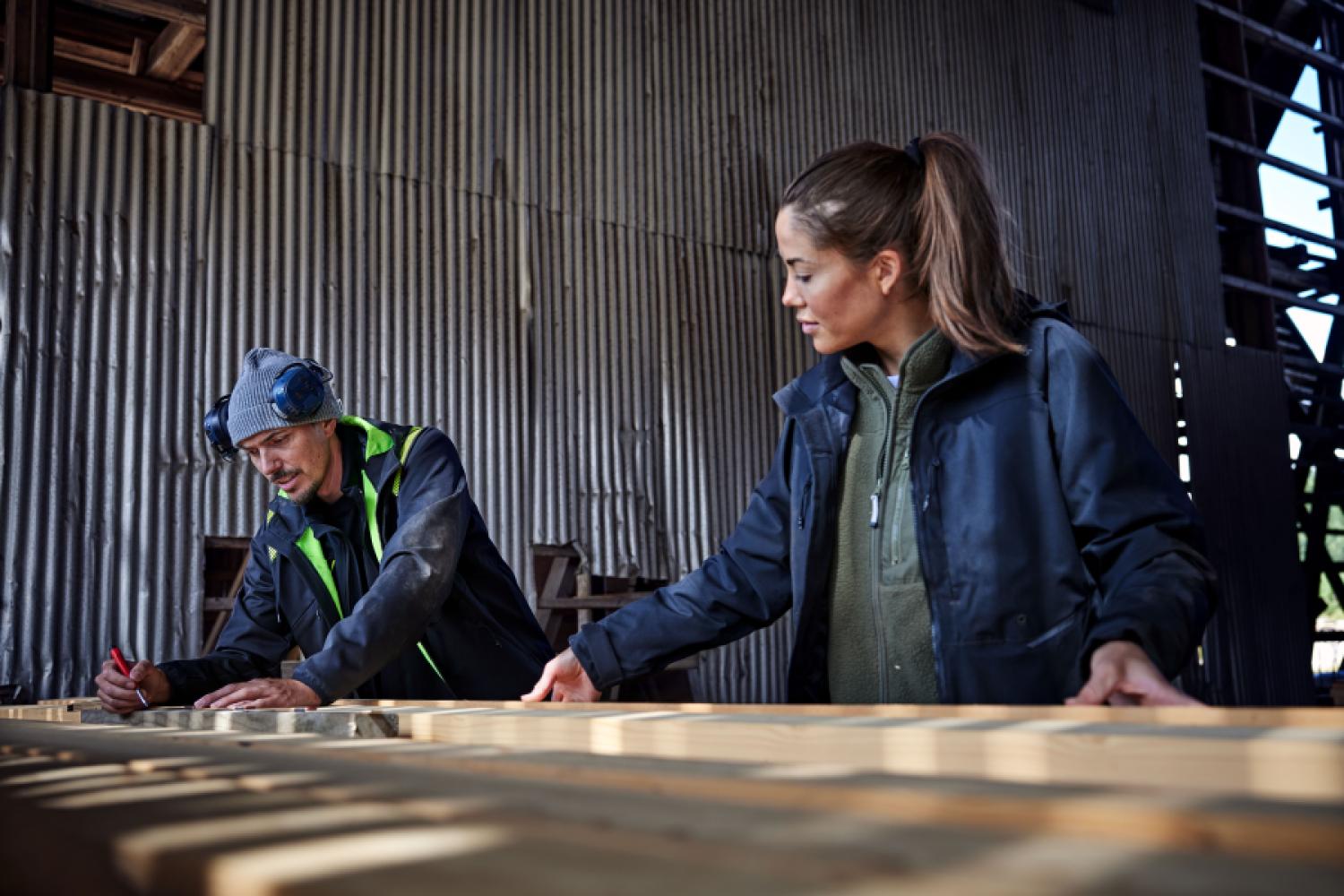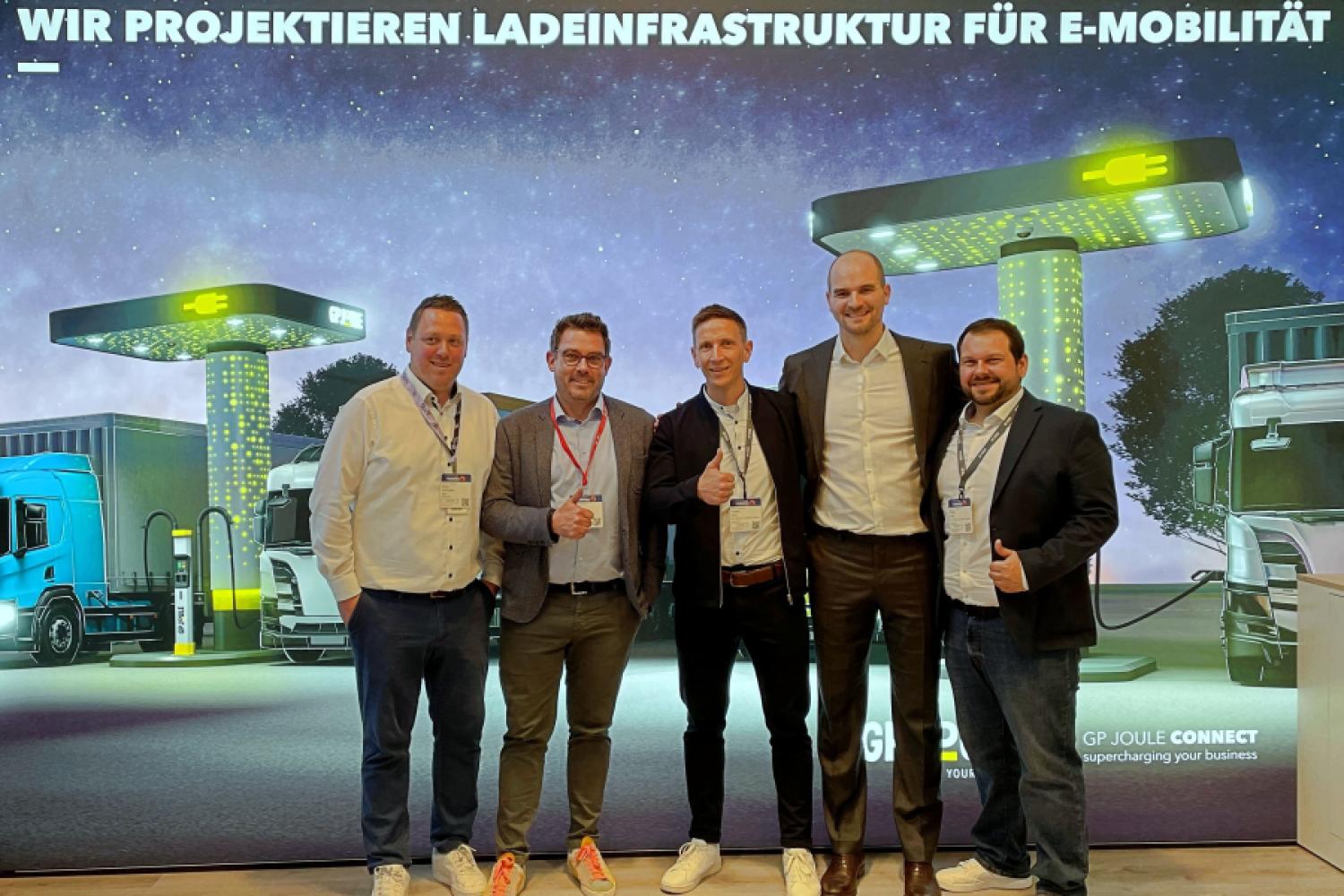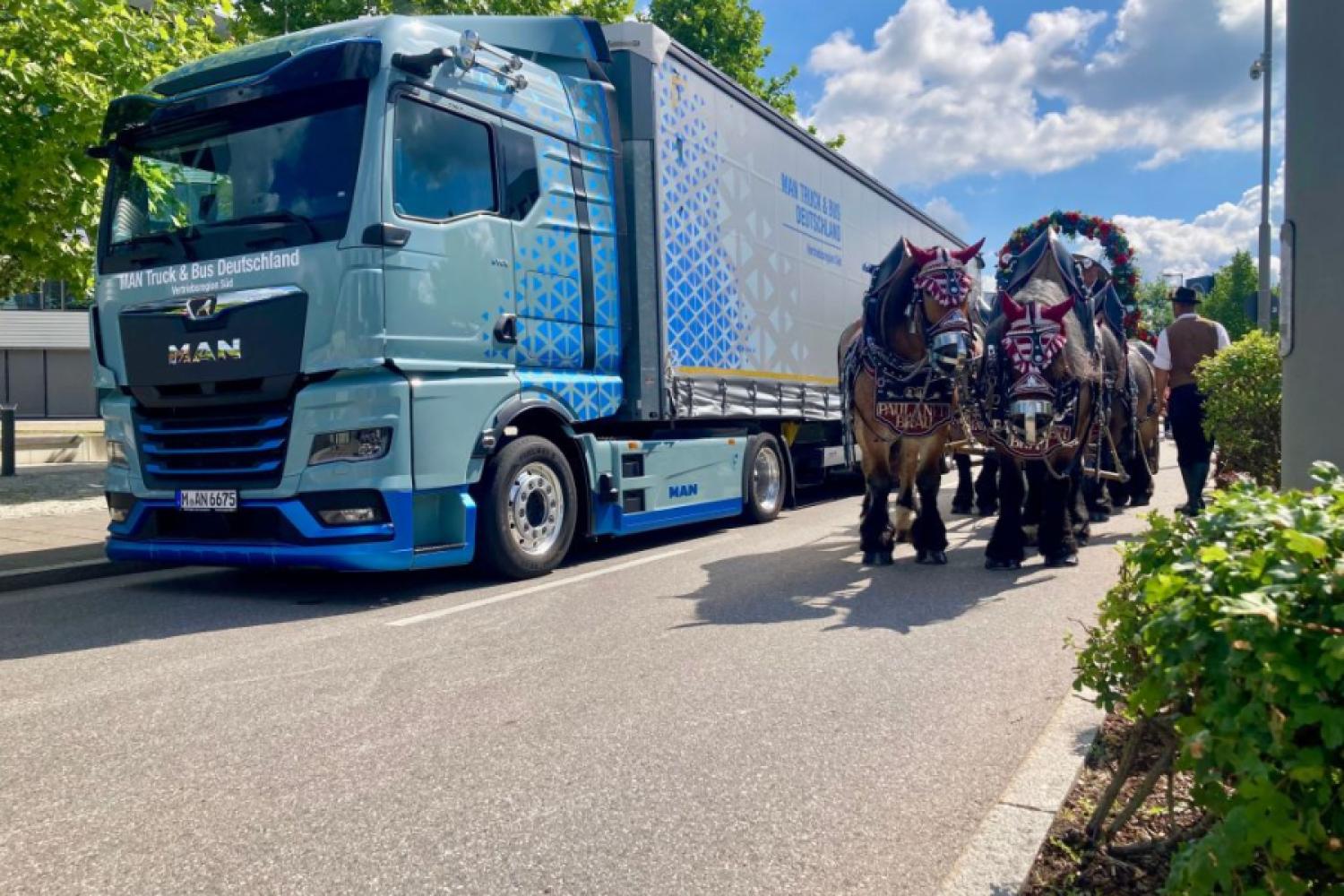As part of the fifth "cH₂ance – Innovation Round Hydrogen Mobility," the company Hengst Filtration underscored its role as a solution provider for the hydrogen economy. At the headquarters in Münster, around 70 experts from industry, science, and politics discussed key questions concerning the use of hydrogen as an energy carrier, from production to application in mobile and stationary systems.
The event was organized by the Center for Fuel Cell Technology (ZBT) and the transformation network “automotivelandNRW.” The professional program offered insights into the current state of technology development as well as regulatory framework conditions. A particular focus was placed on how individual system components can contribute to the functionality and longevity of
hydrogen applications.
Filtration as the technical backbone of hydrogen-based drives
A practical insight into the role of filtration was provided by a lecture from Dr. Andreas Dworog from the Advanced Development department at Hengst. He demonstrated how different filtration solutions are used along the hydrogen value chain and their impact on the safety, efficiency, and lifespan of the systems.
The range extends from odorant filters for removing foreign substances during distribution, to modular filter solutions for pure water in electrolysis, to high-performance filters for cathode air supply in fuel cells. These are complemented by ion exchangers that stabilize the coolant circuit, as well as special anode filter systems, disc separators, and ambient filters
for particularly demanding applications.
These components each fulfill specific tasks, such as protecting sensitive membranes or ensuring sensor functionality. Hengst pursues a systemic approach designed for maximum functionality in real operating environments – whether in commercial vehicles, stationary applications, or the production of green hydrogen.
Technological outlook and discussion on transformation
A guided tour through the company's own TechCenter rounded off the event program. There, a Direct-Air-Capture facility (DCA) was among the items presented, which captures CO₂ directly from ambient air – a project example for possible applications in the climate-neutral energy industry.
In the final panel discussion, the challenges of a broad market introduction of hydrogen-based drives became clear. In addition to
technological aspects, infrastructure issues and standardization requirements were particularly discussed. There was consensus that the success of this technology largely depends on interdisciplinary collaboration and practical development.
Hengst positions itself as a partner of transformation
With its many years of experience in filtration and a widely diversified product portfolio, Hengst sees itself well-positioned to meet the requirements of the changing mobility landscape. The family-owned company with 3,700 employees worldwide develops filtration systems for various industries – from automotive and engine technology to industrial and hydraulic filtration and healthcare. The developments presented during the event clearly showed, according to Hengst, that filtration will also play a central role in future drive and energy systems.






